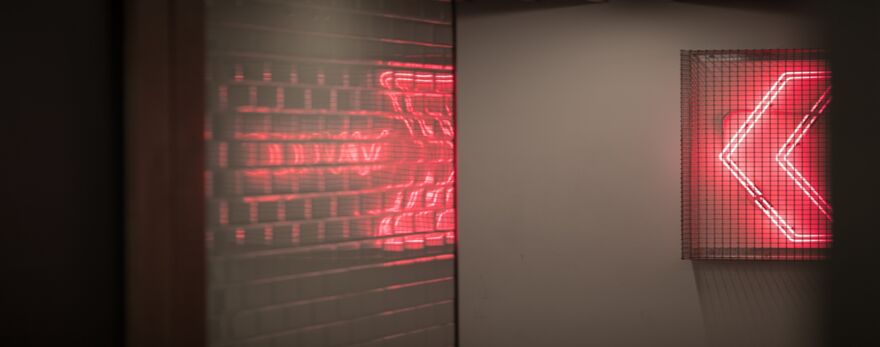This 3 part series of articles looks a the role and responsibilities of charity trustees; personal liabilities and cash reserves.
In part 1 of the series we look at an overview of the responsibilities of the trustees of a charity which you can view by clicking here.
Should a charity should keep back reserves (i.e. freely available funds)?
Turning to the question of whether or not a charity should keep back reserves (i.e. freely available funds), this is a key consideration for a charity’s trustees.
While charities must spend any income received within a reasonable amount of time, the trustees are responsible for considering whether any funds should be kept back as reserves. Plans can be recorded in a reserves policy, which can also help to install confidence in the charity’s stakeholders (e.g. funders and donors) and identify future needs. Where trustees have established a reserves policy, it must be set out in the trustees’ annual report and it is good practice to regularly review the policy to ensure it works. If the trustees decide not to set a reserves policy, then as a matter of good practice this should be made clear.
Charities may have surplus cash at certain times of the year and not enough at other times, which makes it unusual for trustees to choose to operate without reserves. Trustees will often want to ensure there’s sufficient reserves held back for future needs and this requires careful consideration of both the nature and timing of funds received, and the strategic direction of the charity.
Some trustees do deliberately choose to spend all available funds on the charity’s activities, although this can pose a financial risk if there’s unforeseen costs or an unexpected loss of income. Such trustees will need to explain their reasons for choosing not to keep reserves. It’s worth bearing in mind too that having little or no reserves could potentially make it difficult for a charity to receive further funding, if it appears to stakeholders that the charity’s finances are unstable.
There’s obviously a fine balance between keeping back too much money unnecessarily and not keeping back enough to keep the charity away from risks. It is down to the trustees to settle on the level of reserves and justify why that level is necessary, and it is good practice to monitor the actual reserves held to ensure the stability of the charity’s finances.
Generally, reserves are held back using an implied power, as something that’s necessary for the charity to function properly and therefore in the charity’s best interest. It can also be specifically permitted by the charity’s governing document (e.g. a trust deed or articles of association). Either way, incorrectly exercising the power to retain reserves without justification could amount to a breach of trust, which can give rise to issues over a trustee’s personal liability.
For a more detailed look at a trustee’s personal liabilities, please click here for part 3 of the charity trustees series. Or read part 1 about charity trustee responsibilities by clicking here.





